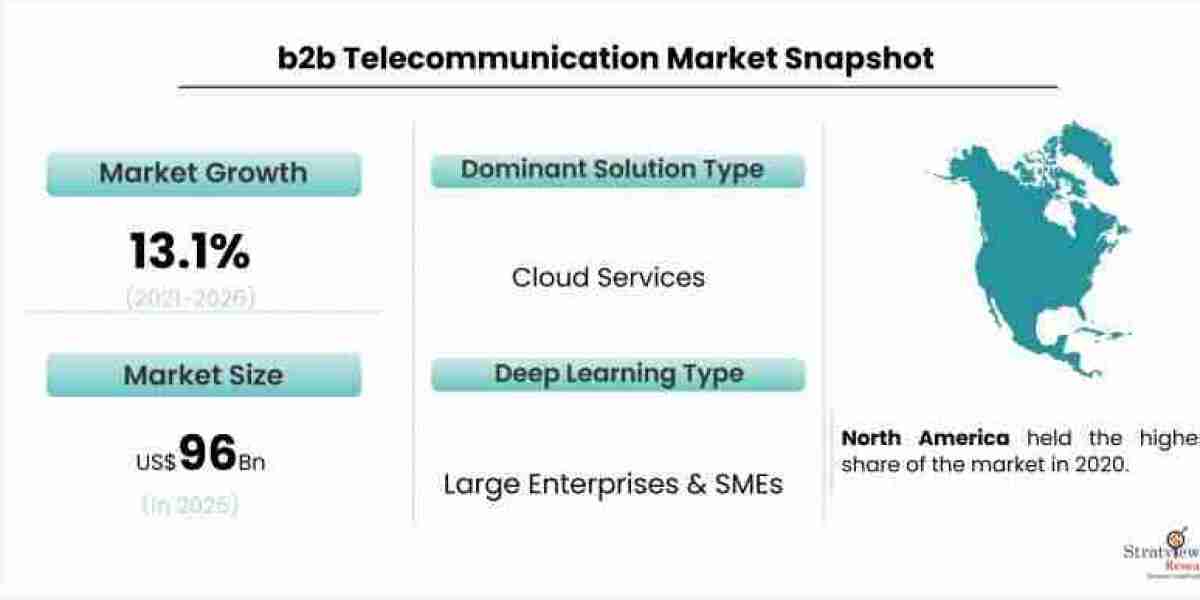The introduction of 5G technology has brought about significant advancements in the realm of B2B telecommunication services. With its promise of ultra-fast speeds, low latency, and massive connectivity, 5G is poised to revolutionize the way businesses communicate and operate. In this blog, we will explore the impact of 5G on B2B telecommunication services and the opportunities it presents for businesses in various industries.
Enhanced Connectivity and Communication
One of the primary advantages of 5G technology is its ability to provide ultra-fast and reliable connectivity. With download speeds that are exponentially faster than previous generations, businesses can experience seamless communication and collaboration. This increased speed and low latency enable real-time video conferencing, high-quality multimedia sharing, and smooth virtual meetings. The enhanced connectivity offered by 5G opens up new avenues for businesses to optimize their communication processes, enhance productivity, and deliver better customer experiences.
Internet of Things (IoT) and Industry 4.0 Applications
5G's ability to connect a vast number of devices simultaneously unlocks the potential of the Internet of Things (IoT) and Industry 4.0 applications. With its low latency and high bandwidth, 5G businesses enables to deploy a multitude of IoT devices and sensors for data collection, analysis, and automation. In industries such as manufacturing, logistics, and healthcare, 5G-powered IoT networks can optimize processes, improve operational efficiency, and enable real-time decision-making. From smart factories and connected supply chains to remote monitoring and predictive maintenance, businesses can leverage the power of 5G to drive innovation and gain a competitive edge.
Remote Work and Collaboration
The COVID-19 pandemic has accelerated the remote work, and 5G technology further its capabilities. With its high speeds and low latency, 5G enables seamless video conferencing, virtual collaboration, and access to cloud-based applications and services. Remote workers can experience lag-free communication, engage in virtual meetings with high-quality video and audio, and collaborate on projects in real-time. The advent of 5G empowers businesses to embrace remote work on a larger scale, attract top talent from anywhere in the world, and create flexible work environments that boost productivity and satisfaction.
Augmented and Virtual Reality (AR/VR)
5G's high-speed connectivity and low latency are a game-changer for augmented reality (AR) and virtual reality (VR) applications. Businesses can leverage 5G to deliver immersive businesses AR/VR experiences for training, product demonstrations, virtual tours, and remote collaboration. For example, architects can create virtual walkthroughs of buildings, healthcare professionals can conduct remote surgery with real-time guidance, and engineers can remotely inspect equipment using AR overlays. 5G opens up a world of possibilities for businesses to enhance customer experiences, streamline operations, and explore innovative applications of AR/VR technology.
Edge Computing and Data Analytics
5G's ability to process data closer to the edge of the network, thanks to its low latency, is a significant advantage for businesses that relies on real-time data analytics. With edge computing, businesses can collect and process large volumes of data at the edge of the network, minimizing the need for data transfers to centralized servers. This enables faster data analysis, quicker decision-making, and reduced network congestion. Industries such as retail, logistics, and smart cities can harness the power of 5G and edge computing to gain valuable insights, optimize processes, and deliver personalized services to customers in real-time.
Conclusion
The arrival of 5G technology has the potential to transform the landscape of B2B telecommunication services. Its unparalleled speed, low latency, and massive connectivity pave the way for enhanced communication, IoT applications, remote work capabilities, AR/VR experiences, and edge computing. Businesses across industries can leverage 5G to unlock new opportunities, optimize their operations, and deliver exceptional customer experiences. As 5G networks continue to expand, organizations must embrace the possibilities it offers and stay ahead in leveraging this transformative technology to gain a competitive advantage.

![Buy Hydrocodone Online With Easy Clicks [ Credit cards, Paypal, Bitcoin]**Quick Relieving** Arkansas, USA](https://f002.backblazeb2.com/file/yoosocial/upload/photos/2023/11/piVZvuhtvwjrispixe6f_24_b71ccdbcae3b66597681083d873a264b_image.jpg)







